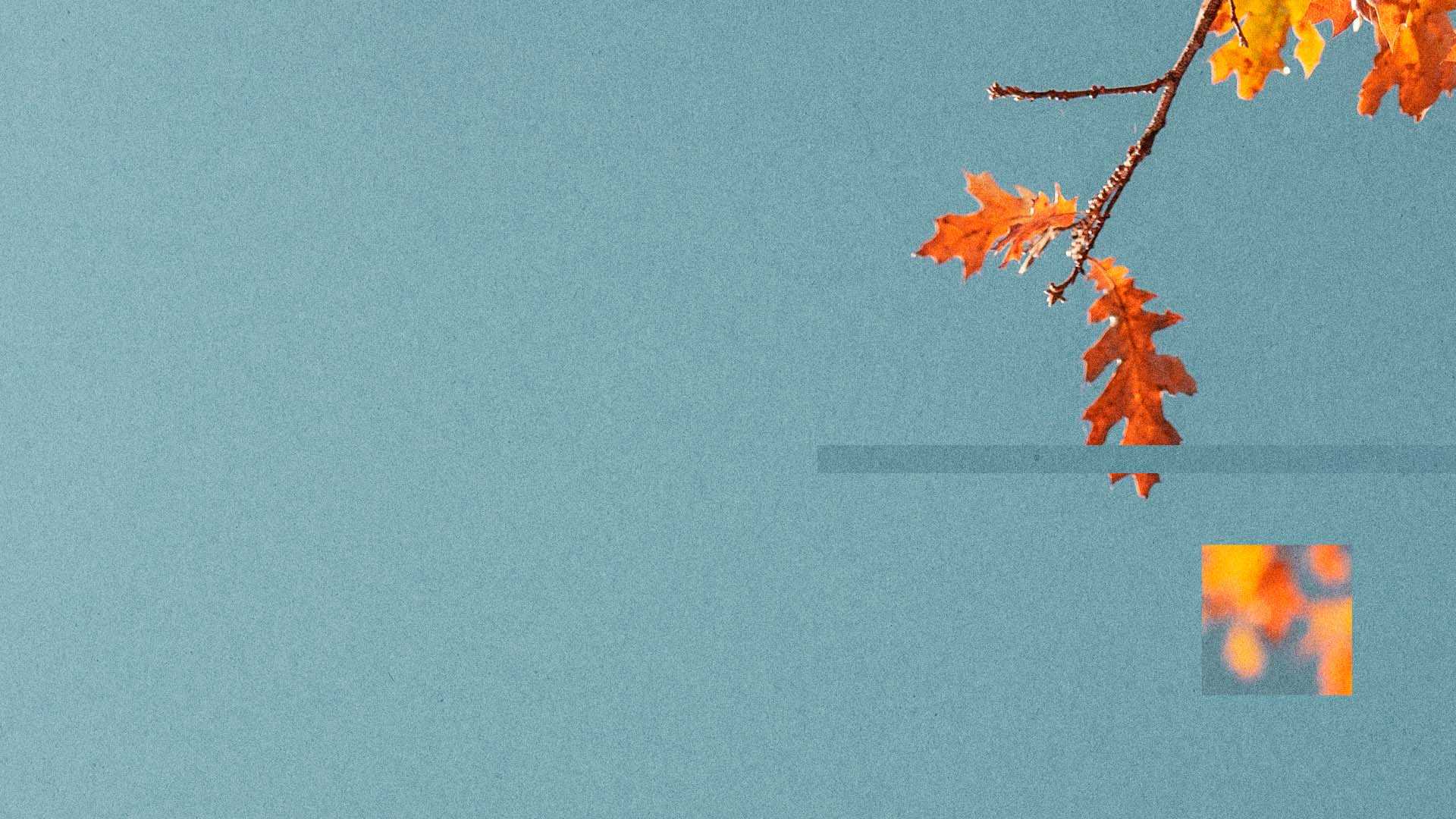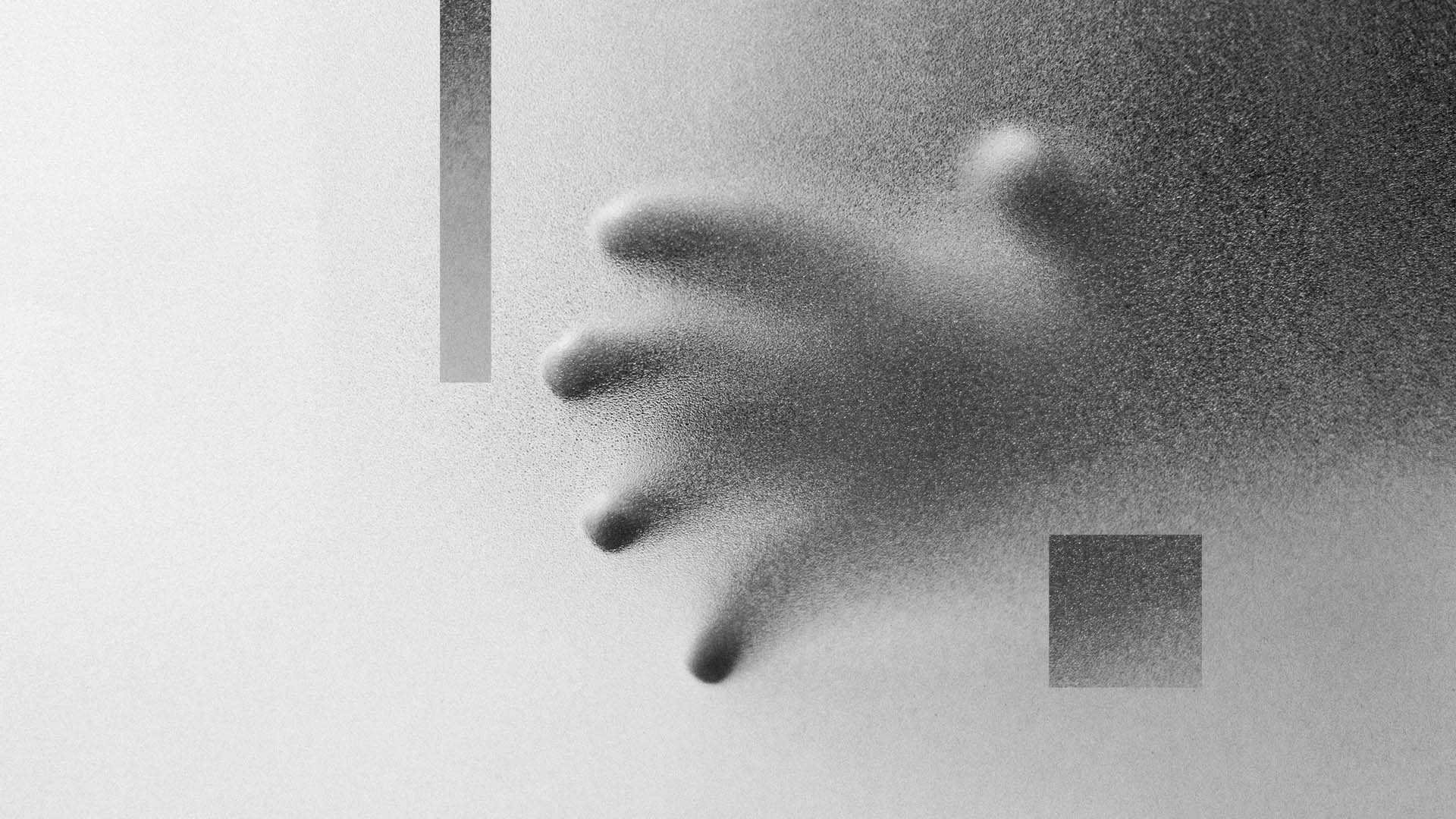Ugh, We’re Exhausted, Too.

Startups are littered with empty hammocks and bean bags that don’t look delicious enough to our always-on mentality. Because we’ve become centipedes, a task for every hand. We squirm, we change direction, we live within the cracks and darkness of our supposed best lives. We’re busy—and we love to say it—and it’s busting us.
Did we forget what it’s like to be mammals? Slow, lazy, sensual. Sure, that looks good on a lioness, but are we too in love with the thrill of a thousand blinking lights to realize we’re just an army of dopamine devotees?
The likes, the claps, the views, the good-looking selfie (#nofilter of course), the social FOMO, the tabs we keep open, the kids, the clients, the clubs, the chats with Tamara and Diego that go in different directions as we try to pick the right emoji to say things we’re too lazy to use words for.
I t ’ s e x h a u s t i n g .
W e ’ r e e x h a u s t e d .
W e ’ r e e x h a u s t e d .
W e ’ r e e x h a u s t e d .
Yet we carry on with metrics and quarters that march to their own seasons, mechanisms that are blind to the whirlpools of life around us—an unfathomable pandemic, the temptation of a resignation movement, the vulgarity of buying more sweatpants than one really needs to work comfortably from home. What is our collective exhaustion doing to us?
Just as loving death creates a more meaningful life, perhaps loving exhaustion can cure our resistance to rest?
“Plants and animals don’t fight the winter; they don’t pretend it’s not happening and attempt to carry on living the same lives that they lived in the summer. They prepare. They adapt. They perform extraordinary acts of metamorphosis to get them through. Winter is a time of withdrawing from the world, maximizing scant resources, carrying out acts of brutal efficiency and vanishing from sight; but that’s where the transformation occurs. Winter is not the death of the life cycle, but its crucible.”
―Katherine May, Wintering: The Power of Rest and Retreat in Difficult Times

Maybe exhaustion, like winter, is just a part of a cycle brought forth to heal us. And perhaps loving our exhaustion isn’t any different than loving the rest that follows it. After all, exhaustion, like rest, may just be another meeting point between patience and trust: the place where art, innovation, and growth can happen.
Think three-day hackathon, collapsed parents nursing a newborn, a sleep-deprived artist trying to tap into the special sauce of her subconscious. Exhaustion could be a hardwired ritual that’s needed for us to preface the process of genuine rest.
As we consider lifting our legs off the hamster wheel, businesses too, have begun to notice. Notably by dipping their toes (deeper) into the four-day workweek. It’s not a new phenomenon, but it’s gaining momentum as post-covidian workplaces begin to rethink the junction between employee happiness, standard work times, and of course, productivity. Brands like Canon and Unilever are doing it, and the entire country of Belgium is doing it by letting workers request permission to compress their work hours into four days.
But within the forum of business, what does a rethink of rest and work really mean?
Are we ready for it?
Are you ready for it?
What would you do with your fifth day if it was freed up?
Rest or ______?

To gain some insights into the future of rest and work, our co-founder Tim Leberecht spoke to Alex Soojung-Kim Pang, author of Shorter: Work Better, Smarter, and Less—Here’s How, and Rest: Why You Get More Done When You Work Less. Their conversation has been edited for length and clarity:
Tim Leberecht: There’s a real cultural shift away from the culture of busyness—which maybe is what led you to write your book Rest. The subhead of that book is “Why we get more done when we work less.” Why is that?
Alex Soojung-Kim Pang: In Rest I talk to Nobel Prize winners, authors, composers, and other prolific creative people. They do amazing work in far fewer hours than what we think is necessary. The secret is that they trade the intensity of work for the amount of time worked. They work in highly focused bursts of about four to five hours, often with a break in between. This makes more time in their schedules for restorative activities like long walks and gardening, which helps them be healthier while giving them the space for their creative subconscious to explore and turnover ideas—working on problems that they haven’t been able to solve during those few very intensive hours. That’s why we’re able to get more done when we work less.
Leberecht: Let’s talk about how our identities relate to the work that we do. I want to quote you, “If your work is yourself, and you cease to work, then you cease to exist.” Isn’t that quite dramatic?
Soojung-Kim Pang: I was talking about work in terms of career as opposed to work as a sort of meaningful labor like raising children or creating art. I think that’s an important distinction to make because building a meaningful life is work, in that it requires effort and reflection, and it takes time. But I think when we allow our jobs and our employers to define who we are, that’s a real formula for trouble and disappointment. Through the people I talked to in Rest, I learned that it’s possible to be really passionate about your work and not have it dominate every hour of your day. If you love what you do, it’s important to do it in a way that doesn’t burn you out, or lead you to be emotionally invested in a company where the relationship with you is in reality more transactional. This kind of work is something you should be able to do for decades and get better at over time, which also means eventually requiring less effort and less time to do it—ultimately working less.
Leberecht: New technologies arguably have made work more informal. In a recent piece in The New York Times by Elizabeth Spears on what happens when work gets too casual, she mentions that it might benefit the employer more than the employee, as employees often lack clarity. I’m curious to hear your perspective on that. Also, when it comes to a four-day workweek, to what extent would you want to formalize it, rather than delegate that decision to the worker?
Soojung-Kim Pang: I think most of us need routine. We’ve all learned that there is some practical value to routine as a practice that creates space for doing the stuff that really matters in our lives. In terms of how formal a four-day workweek should be, we tend to think of attention and productivity as deeply personal things, when in reality there’s a deeply social dimension to attention. Lots of companies that are doing four-day workweeks will schedule time when everybody can be together, heads down, at the same time. There is a psychological benefit to being in a room with other people who are concentrating, as anyone who’s studied for finals in a university library will know. I think Spears is pointing to something that we’ve all got to figure out, which is what pieces of traditional work are worth preserving and actually create value for organizations, and which pieces don’t, and how to preserve those things in the organizations of the future.
Leberecht: Last question, I know you took a sabbatical after leaving the corporate world and academia. What else have you changed in your life? How do you live up to the ideas presented in Shorter? Specifically, how has your work life changed your life overall?
Soojung-Kim Pang: Before I started writing I was doing corporate consulting and strategy, spending lots of time on planes and generally being very busy. Now, I actually do the stuff that I talk about in my books. In Rest, I talk about the virtue of working in the early morning, the importance of naps, exercise, and having serious hobbies. The people that I spoke to for Shorter have taught me a lot about how to automate certain parts of my work, and how I can be thoughtful about how I arrange my workday. My life builds on my writing. I found out what these people do and I do it myself. So I can definitely say that writing these three books in the last ten years has changed my life, and it’s changed it for the better.
Want to receive the full Beauty Shot in your inbox? Become a free Subscriber!
